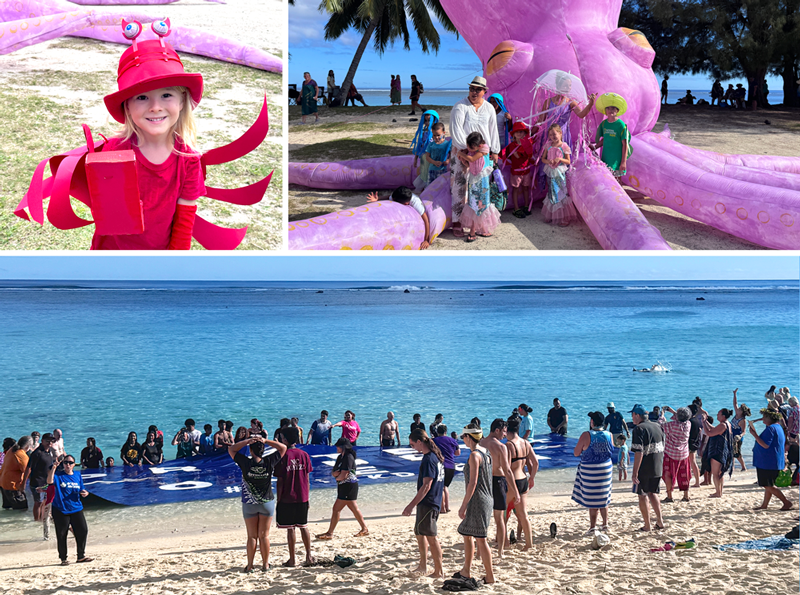Ocean Lovers Unite against Deep-Sea Mining
On 19th and 20th July, ocean lovers worldwide rallied against deep-sea mining, a destructive industry threatening the global ocean.
At Kaena Reserve over 80 people took to the water (others staying onshore) to call on our government to be a global voice, taking action by calling for a moratorium or pause at the July international seabed authority meeting in Jamaica.
Dr Teina Rongo, speaking to attendees, including interested visitors, said “… when you go back to wherever you come from, please tell your government, don’t do anything to support deep-sea mining. Even though they say it’s for the green transition, it’s not.”
More biodiverse than a tropical rainforest, integral to healthy coastlines, these unexplored depths are home to as many as 10 million species. Though out of site the deep sea supports global fisheries and marine ecosystems and plays an important role in slowing human-induced climate change.
A handful of corporations, with the support of some countries, are now looking to exploit these fragile environments for minerals. The process involves massive industrial vacuums that disrupt and destroy enormous areas of the seabed. So, while big industry makes big money, coastal and island communities will be left to shoulder the negative impacts on biodiversity, climate and fisheries.
There is a lack of research and data about deep sea ecosystems, the functions they perform, the services they provide and the negative impacts of deep-sea mining. Scientists are calling for a moratorium (a pause) on exploitation by miners. This will allow time for these critical knowledge gaps to be filled, so we can make an informed decision on whether to allow mining or not. Without this, experts are concerned that the damage to these unique ecosystems may be irreversible.
The largest area under threat from deep sea mining is the Clarion Clipperton Zone, roughly the size of Europe, in the Pacific Ocean between Hawaiʻi and Mexico. There are also proposals looming in Aotearoa/New Zealand, Cook Islands, American Samoa, Papua New Guinea, Japan and Norway.
Governments have convened for the crucial International Seabed Authority (ISA) meeting (July 7 – 25), to make lasting decisions about deep-sea mining in international waters. Alanna Smith, Te Ipukarea Society’s Director is there as an observer voice for the Cook Islands and Pacific.
She reports key outcomes from the Council meetings have included the mining code not yet being adopted as there is insufficient data on how the deep sea environment could be protected.
There was also no time set on when the mining code needed to be completed. Having no time constraints is good news as this relieves the time pressure for the collection of the necessary environmental data required to make informed management decisions. Independent science is suggesting there’s still 10 – 15 years needed to collect base line environmental data.
The last week of the ISA Assembly meeting is closely looking at the views of Members regarding whether they support the development of a General Policy for the protection of the Marine Environment. Supporting this is essential to guide the Authority in establishing strong environmental goals and objectives for the industry.
More States are joining the call for a Moratorium on deep sea mining. The latest being Croatia, making it 38 countries so far, including 5 from the pacific - Palau, Fiji, Samoa, Vanuatu and Tuvalu
The Cook Islands is yet to support a moratorium. We encourage you to put pressure on the Government to do so, for the benefit of all and to protect the common heritage of mankind, as called for in the United Nations Convention on the Law of the Sea (UNCLOS).

